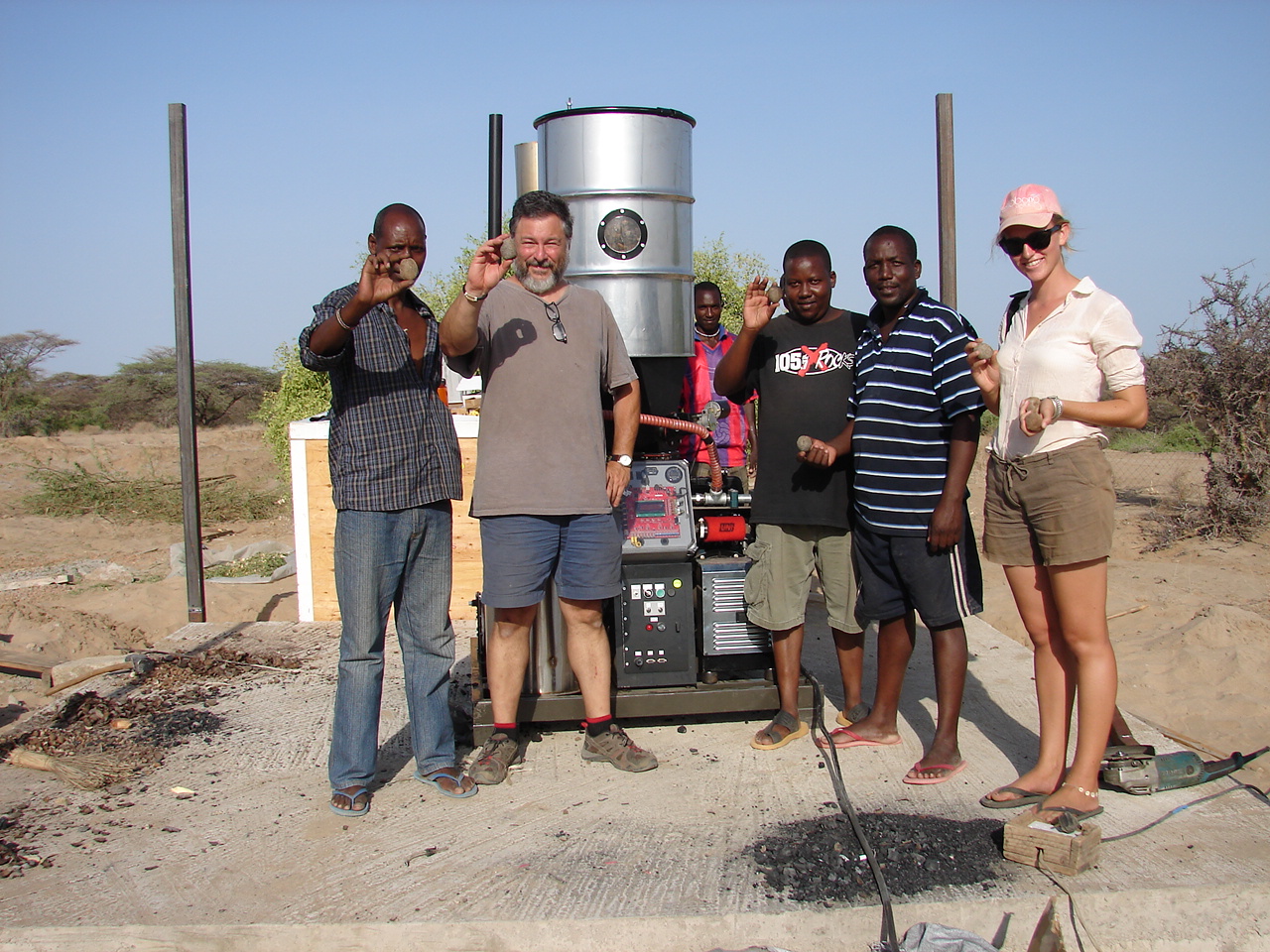 It’s hard for many to imagine life without access to power. Yet this is reality in Africa, where power is unreliable, expensive, unhealthy and hard to come by. This lack of access is a barrier to economic development and prosperity. According to the World Bank, 25 African countries face an energy crisis even though the African continent is well endowed with energy resources. The solution is to improve access to electricity on a large scale.
Solutions will depend on partnerships between private, public, nongovernment organizations and academics to develop reliable domestically produced and environmentally sound power to Africa. The Energy Africa Conference held at the Colorado School of Mines in Golden, Colo., provided a platform for discussion to frame the challenges and encourage solutions. By leveraging the experience of notable experts in natural gas, renewable energy, micro-grids, solar lighting, market structures and cultures, we can start to define pathways for development.
It’s hard for many to imagine life without access to power. Yet this is reality in Africa, where power is unreliable, expensive, unhealthy and hard to come by. This lack of access is a barrier to economic development and prosperity. According to the World Bank, 25 African countries face an energy crisis even though the African continent is well endowed with energy resources. The solution is to improve access to electricity on a large scale.
Solutions will depend on partnerships between private, public, nongovernment organizations and academics to develop reliable domestically produced and environmentally sound power to Africa. The Energy Africa Conference held at the Colorado School of Mines in Golden, Colo., provided a platform for discussion to frame the challenges and encourage solutions. By leveraging the experience of notable experts in natural gas, renewable energy, micro-grids, solar lighting, market structures and cultures, we can start to define pathways for development.
In urban population centers, natural gas–fired electric power generation in combination with larger-scale applications of renewable energy technologies such as wind, hydropower, solar and waste-to-energy could reliably supply industrial and urban energy requirements, serving as a model for the rest of the world. Africa’s weakness—the lack of significant infrastructure—may even be its strength. Simply put, Africa has the chance to do it right.
Countries without basic infrastructure have the opportunity to take advantage of the tremendous human and financial capital that has been invested over centuries to create the extraction industries and power delivery systems that we have in place in developed countries. Many industrialized cities are moving toward decentralized systems where electricity can be generated close to the point of use. Micro-grids provide a way to bring electricity to off-grid remote communities. New energy management systems can optimize and manage use of efficient technologies, energy capture technologies and different sources of energy generation to create a distribution system that can serve a remote community. Development of large-scale renewable energy and natural gas plants also has the potential to provide reliable, cost-effective energy in Africa but comes with the challenge of infrastructure development.
Energy poverty is a barrier to economic prosperity. The good news in some respect is that Africa is a clean slate. A coordinated effort can enable development of Africa’s resources in the most economic and efficient way by using the experience of industry experts, as well as innovations in market structure and technology. It is conferences such as this that attract not only industry experts but also African officials to engage in conversation around solutions that will make a difference.



![YP w crew holding Doum Plam fruit[2]](http://www.icosa.co/magazine/wp-content/uploads/2013/01/YP-w-crew-holding-Doum-Plam-fruit2.jpg)







